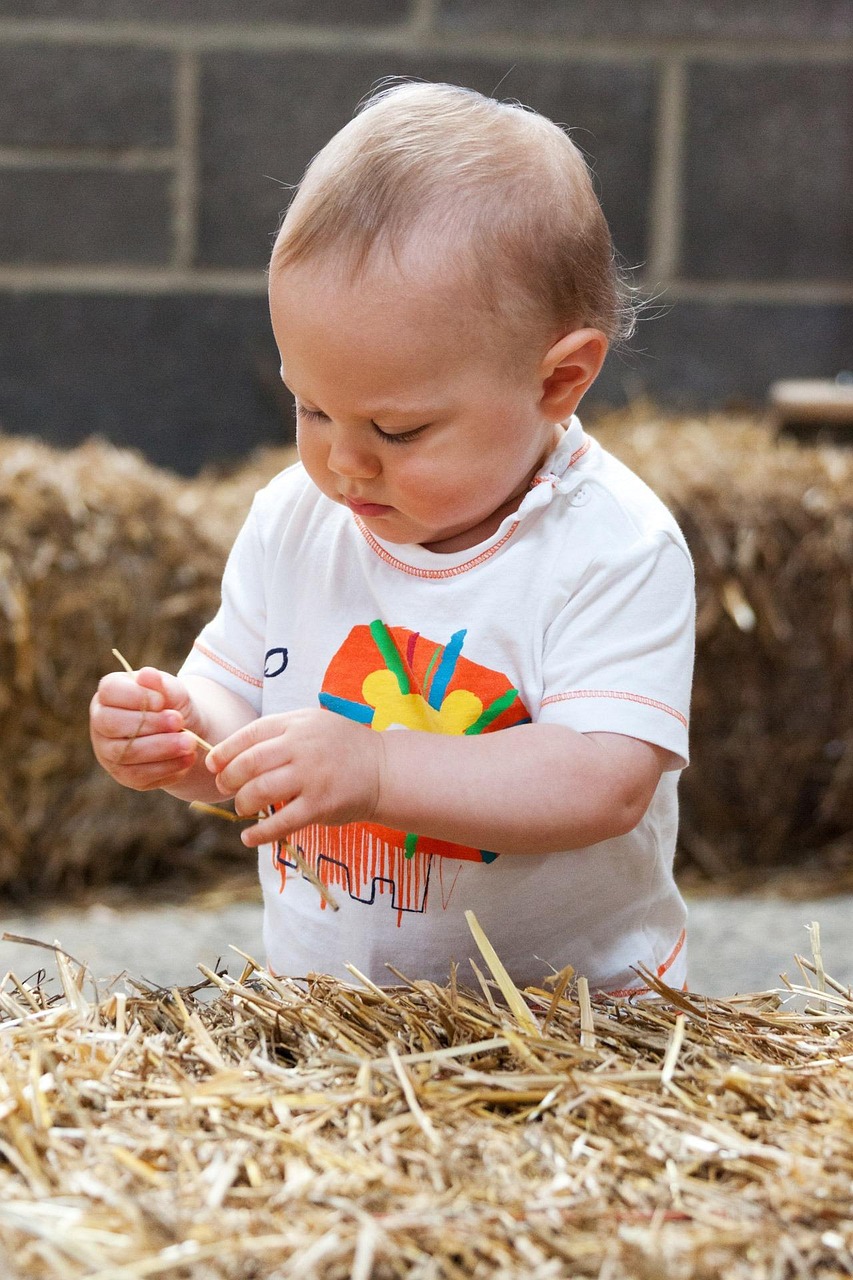Juice fasting is an excellent way to detoxify the body, boost energy levels, and reset your digestive system. However, to reap the full benefits of a juice fast, it’s important to know what foods and drinks support the process and which ones can hinder your progress. Whether you’re preparing for a juice cleanse, currently fasting, or transitioning back to solid foods, this guide will help you make the best choices for a successful juice fast.
Understanding a Juice Fast Diet
A juice fast involves consuming only fresh fruit and vegetable juices while eliminating solid foods and processed drinks. The goal is to give your digestive system a break, flood your body with essential nutrients, and encourage detoxification. However, not all juices and food choices are beneficial during a cleanse, so knowing what to eat and avoid is essential.
What To Eat (Drink) on a Juice Fast
Since a juice fast eliminates solid foods, your main source of nourishment comes from fresh, raw, and natural juices. The best juices provide a balance of vitamins, minerals, and hydration while keeping sugar intake low.
1. Freshly Pressed Juices
✔ Vegetable-Based Juices – Leafy greens (kale, spinach), cucumbers, celery, carrots, and beets are excellent for detoxification and energy.
✔ Low-Sugar Fruit Juices – Green apples, lemons, and berries add flavor without excessive sugar.
✔ Hydration Boosters – Coconut water and cucumber juice help maintain electrolyte balance.
✔ Anti-Inflammatory Juices – Ginger, turmeric, and lemon enhance digestion and reduce inflammation.
2. Herbal Teas & Hydration
✔ Herbal Teas – Chamomile, peppermint, dandelion, and green tea support digestion and detoxification.
✔ Water Infusions – Infuse water with lemon, mint, or cucumber for added nutrients.
✔ Coconut Water – Provides natural electrolytes and hydration.
3. Optional Additions for Support
✔ Superfoods & Add-ins – Chia seeds, spirulina, wheatgrass, or aloe vera juice can be added for extra nutrients.
✔ Homemade Nut Milk (For Gentle Cleanses) – Some people incorporate homemade almond or cashew milk for added sustenance.
What NOT to Eat (Drink) on a Juice Fast
1. Processed & Packaged Juices
❌ Store-bought juices often contain added sugars, preservatives, and artificial flavors, which counteract the benefits of fasting. Always choose freshly made juices.
2. Caffeine & Alcohol
❌ Coffee & Caffeinated Beverages – These can dehydrate the body and cause withdrawal symptoms like headaches.
❌ Alcohol – Increases toxin load on the liver, preventing proper detoxification.
3. Dairy & Animal Products
❌ Milk, Cheese, Yogurt, & Meat – These require digestion and slow down the detox process, making the fast less effective.
4. Grains, Legumes, & Processed Foods
❌ Bread, Pasta, Rice, & Beans – These are solid foods that interfere with fasting by requiring digestion.
❌ Processed Snacks & Sugary Foods – Cookies, chips, and processed snacks introduce toxins and disrupt the benefits of juicing.
5. Artificial Sweeteners & Sugary Additives
❌ Refined Sugar – Avoid adding sugar, honey, or syrups to juices.
❌ Artificial Sweeteners – Aspartame, sucralose, and other artificial additives can be harmful and interfere with metabolism.
How to Transition In & Out of a Juice Fast
Before Your Juice Fast (Pre-Cleanse)
To make the transition easier, gradually remove processed foods and caffeine 3-5 days before your fast:
✔ Eat whole fruits, vegetables, and light meals.
✔ Reduce caffeine, dairy, and refined carbs to prepare your digestion.
✔ Drink plenty of water and herbal teas.
After Your Juice Fast (Post-Cleanse)
Breaking a juice fast properly is essential to avoid shocking your system:
✔ First 1-2 Days: Start with raw fruits, steamed vegetables, and broths.
✔ Gradually Reintroduce Foods: Slowly add whole grains, nuts, and light proteins.
✔ Avoid Heavy & Processed Foods: Stay away from greasy, fried, and processed meals for at least a few days.
Frequently Asked Questions About Juice Fasting
Can I Eat Anything on a Juice Fast?
No, a true juice fast consists solely of fresh, natural juices and herbal teas. Solid foods are avoided to allow the digestive system to rest.
What Happens if I Accidentally Eat Something?
A small amount of raw fruit or vegetables may not significantly disrupt the fast, but consuming processed or heavy foods may reduce the detox benefits.
Can I Exercise During a Juice Fast?
Light activities like walking and yoga are fine, but avoid intense workouts as your body may have lower energy levels.
How Long Should a Juice Fast Last?
Beginners often start with a 3-day cleanse, while experienced fasters may opt for 5-10 days or longer with medical supervision.
What If I Feel Lightheaded or Weak?
Ensure you’re drinking enough juice and water. Adding small amounts of coconut water or herbal teas with electrolytes can help.
Final Thoughts: Make Your Juice Fast a Success
Knowing what to eat and avoid on a juice fast will help maximize detox benefits, enhance energy levels, and promote long-term health. By choosing the right juices and eliminating processed foods, you’ll experience greater clarity, improved digestion, and sustainable weight loss.
Call to Action:
Are you planning a juice fast? Share your experiences or questions in the comments! Don’t forget to subscribe for more juice fasting tips and recipes.




Leave a Reply